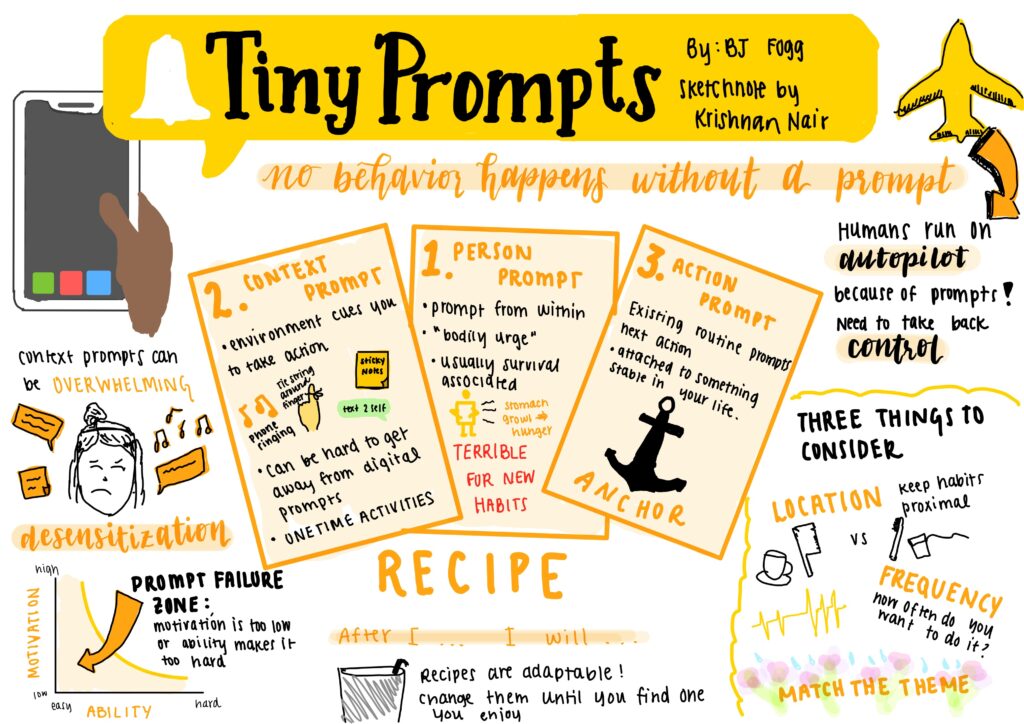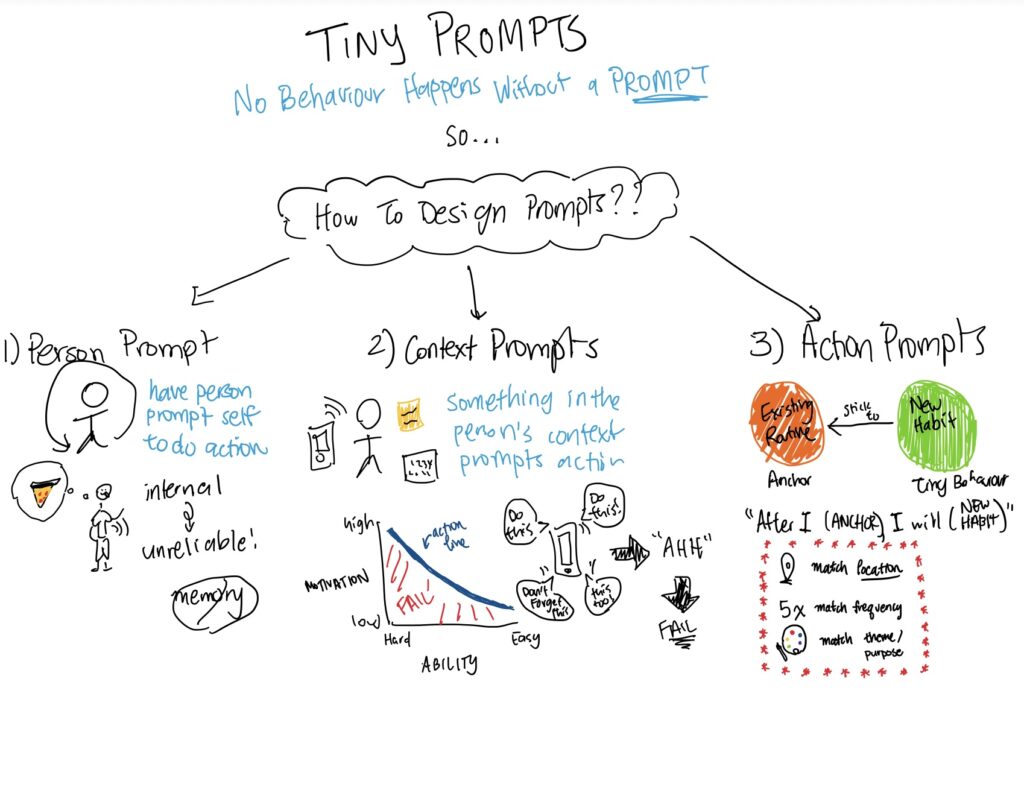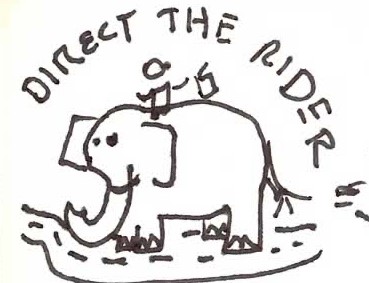Before taking Design for Behavior Change, I viewed behavior change as more of an individual undertaking. I’d spent the summer after sophomore year diving deep into how I could change my own behaviors – I pored over the pages of books like Atomic Habits, and committed to what ended up being almost five hundred days of running every day. I’d experienced the power of behavior change in my own life (I most definitely would not have considered myself a runner before I decided to run every day) but I didn’t think further until this class.
I loved how deeply rooted our class activities and homeworks were in the science of behavior change. I really appreciated being able to read about concepts like friction and apply them to a real-life example with my team. I’d also never done a baseline study or an intervention study before, so that was a really interesting learning experience for me.
One problem I encountered during a project was how difficult it is to go from data about a problem to a specific idea for a solution to that problem. While I’m proud of the BookBounce app my team and I created, because we didn’t get to test it and get it into production during the class, I’m still leaving with questions about its efficacy. This has made me more curious about what it is like to iterate on a consumer behavior change product in the real world, not just in a class.
This project also made me face my own relationship with reading. I wish I read more books for pleasure, but I haven’t finished a book in a while. While I do read – I read a lot of poetry for class this quarter and I frequently read the news – I wish I was more intentional about making space for a reading habit.
Ten years from now, I might not remember the specifics of what we did in class, but I’ll definitely remember how my group made me feel. I had so much fun working with my group and we were all sad when the class ended. I think it’s rare to be randomly paired in a group that clicks really well, so I’m all the more grateful that this happened to us.
As for ethical considerations, I think privacy is an important consideration because although our project does respect users’ privacy in that it doesn’t really track users’ data outside of showing a user their own statistics, I think it would be important if we were actually building the app to ensure that we stay away from selling user data even if users “agree” to that in the terms and conditions, like so many other companies. This development could be avoided by adding another way of monetization such as ads.
In the beginning of this writeup, I mentioned that I had only an individual relationship with behavior change coming into this class. Now I have seen how powerful behavior change concepts can be when applied at once to a larger group of people. Next time when faced with a similar situation regarding trying to change the behavior of a larger group of people, I will act with an intentional awareness of the ethical considerations and ethics discussions we had in class.



